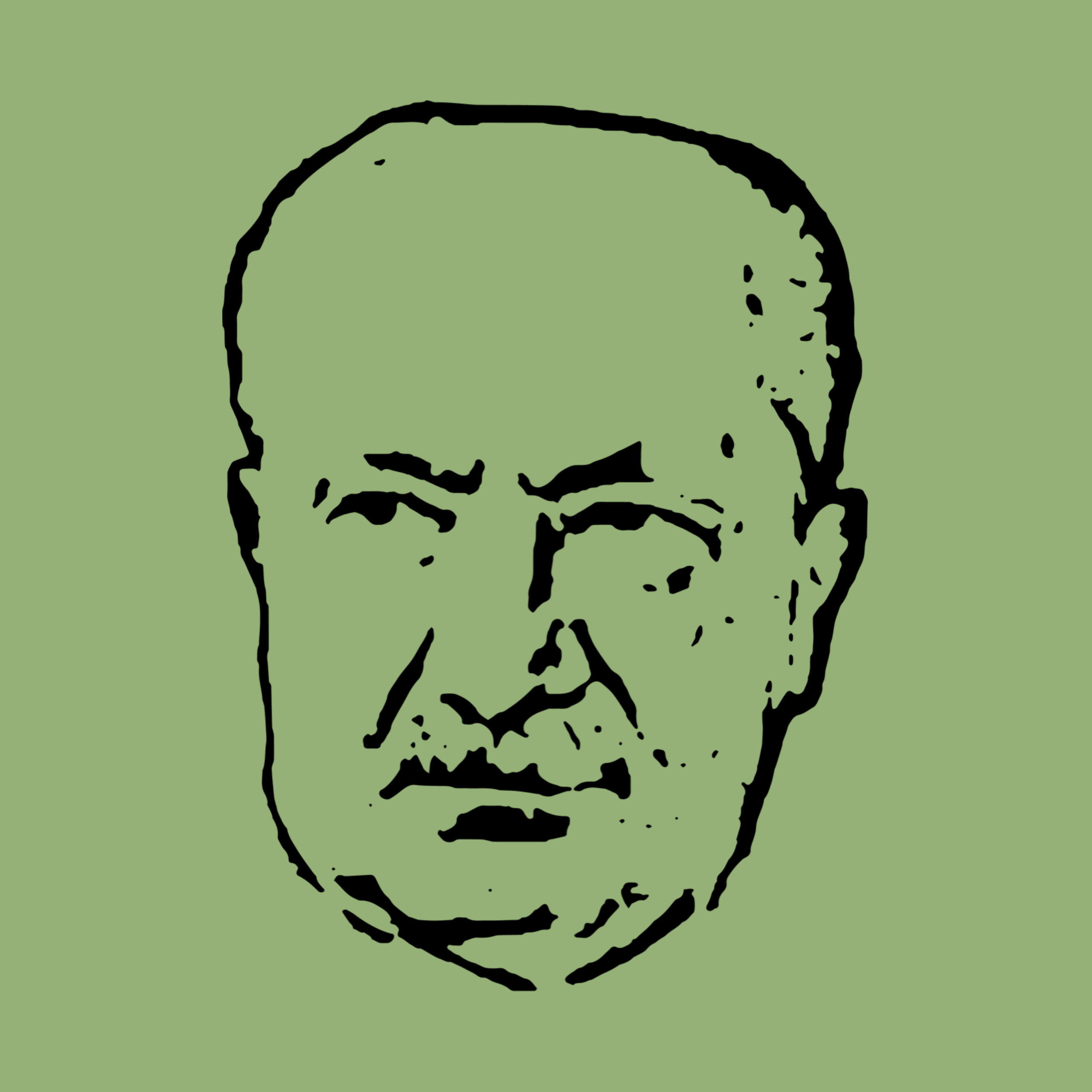Ethical life and authenticity. An approach to the phenomenological ethics of Edmund Husserl and Martin Heidegger
Main Article Content
Abstract
This article aims, firstly, to make explicit the philosophical assumptions underlying Edmund Husserl's ethical theory, specifically with regard to the notions of ethical life and authenticity. Secondly, it considers the possibility of an ethical dimension of existence that would be resulted from the existential analytic that Martin Heidegger deploys in Sein und Zeit. Finally, taking as a starting point the description of the existent as a reflective and free being and the distinction of an authentic life that both thinkers make, the aim here is to bring the master and disciple into dialogue with each other, trying to highlight a relation of complementarity between both proposals.
Downloads
Article Details

This work is licensed under a Creative Commons Attribution-NonCommercial-NoDerivatives 4.0 International License.
Authors retain ownership of copyright and reproduction rights.
Authors may make other independent and additional contractual arrangements for non-exclusive distribution of the version of the article published in this journal (e.g., inclusion in an institutional repository or publication in a book) as long as they clearly indicate that the work was first published in this journal.
Authors are allowed and encouraged to publish their work on the Internet (e.g. on institutional or personal websites) after the review and publication process, as it may lead to productive exchanges and to a wider and faster dissemination of the published work.
References
Cabrera, C. “La apropiación husserliana del Imperativo Categórico”. Areté. Revista de Filosofía. 28.1, 2017, pp. 29-58
Cabrera, C. “Sobre la racionalidad de la esfera afectiva y su vínculo con la razón teórica en la ética de E. Husserl”, Revista de Filosofía, 39.1, 2014, pp. 73-94.
Garrido-Maturano, A. “Instante y situación”. Ágora. Papeles de Filosofía, 37.2, 2018, pp. 53-75.
Heidegger, M. Sein und Zeit. Tübingen: Niemeyer, 1963.
Husserl, E. Einleitung in die Ethik. Vorlesungen Sommersemester 1920/1924, HUA XXXVII. Dordrecht/Boston/London: Kluwer. Academic Publishers, 2004.
Husserl, E. Introducción a la ética. Lecciones de los semestres de verano de 1920 y 1924, HUA XXXVII. Ed. M. Chu, M. Crespo y L. R. Rabanaque. Madrid: Trotta, 2020.
Husserl, E. Renovación del hombre y de la cultura. Cinco ensayos, HUA XXVII. Tr. A. Serrano de Haro. Barcelona: Anthropos, 2012.
Rinofner-Kreidl, S., “Husserl’s Categorical Imperative and his Related Critique of Kant”. Luft, S. y Vandevelde, P. (Eds.). Epistemology, Archeology, Ethics. Current Investigations of Husserl´s Corpus. Londres/Nueva York: Continuum, 2010, pp. 188-210.
San Martin, J. La fenomenología de Husserl como utopía de la razón. Introducción a la fenomenología. Madrid: Biblioteca Nueva, 2008.
Thonhauser, G. Ein Rätselhaftes Zeichen. Zum Verhältnis von Martin Heidegger und Søren Kierkegaard. Berlin/Boston: De Gruyter, 2016.
Walton, R. “Imperativo categórico y kairós en la ética de Husserl”. Tópicos. Revista de Filosofía, 11, 2003, pp. 5-21.

